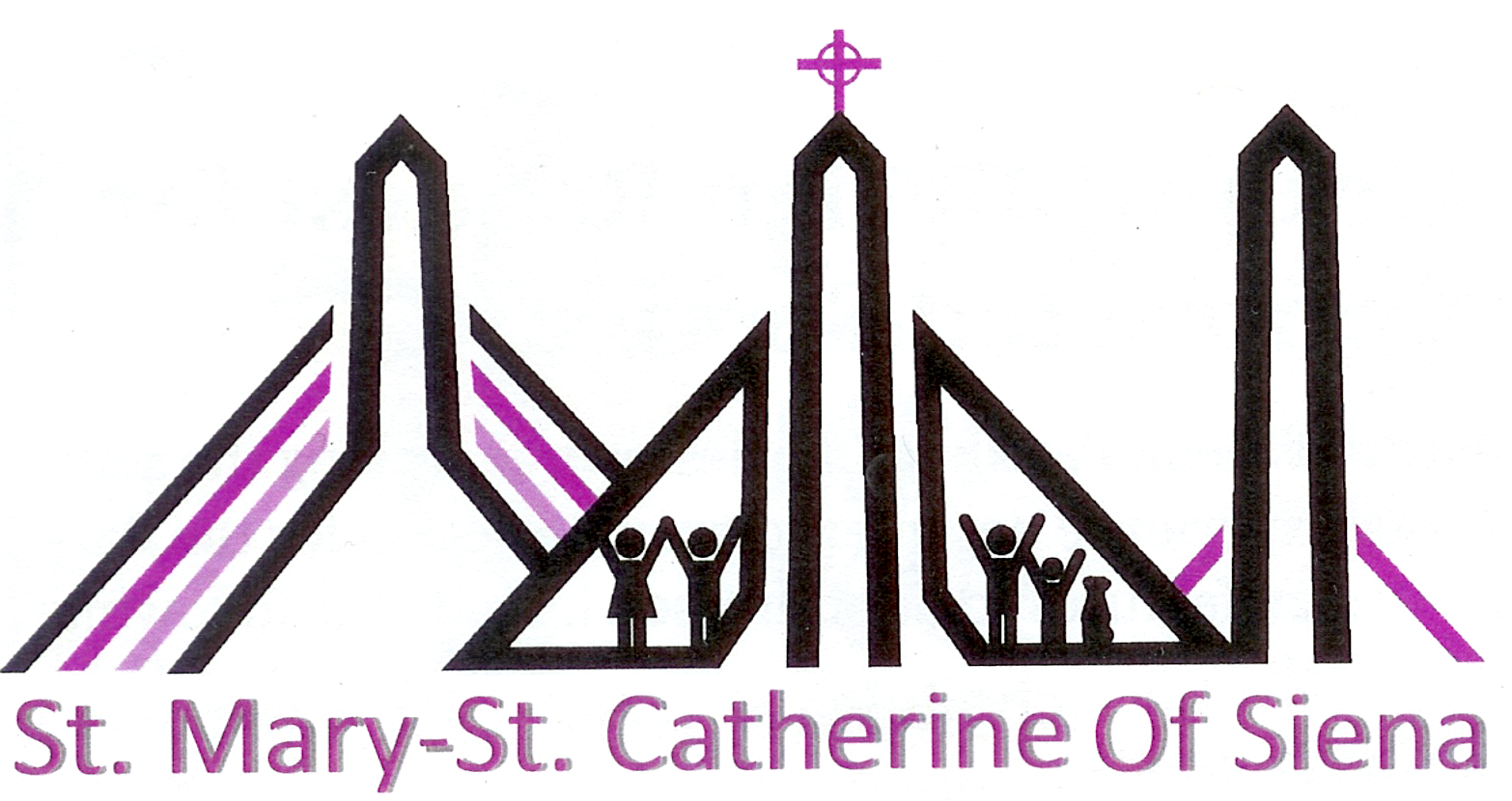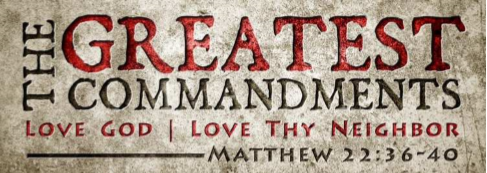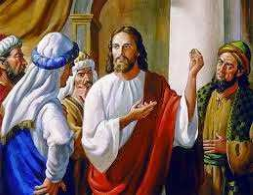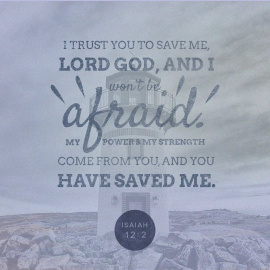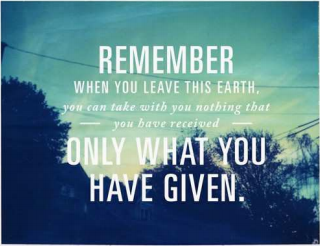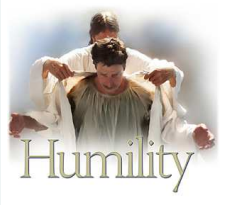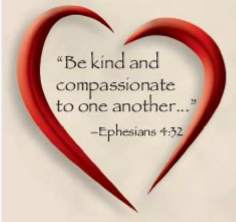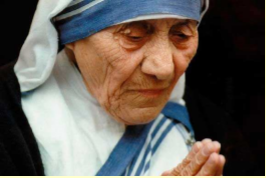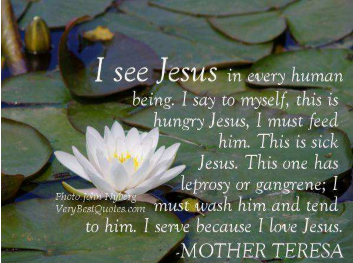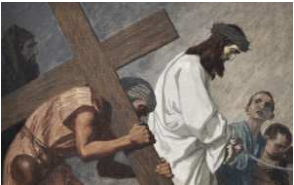When They Come Marching In . . .
https://stmarystcatherine.org/wp-content/themes/osmosis/images/empty/thumbnail.jpg 150 150 Charlestown Catholic Collaborative Charlestown Catholic Collaborative https://stmarystcatherine.org/wp-content/themes/osmosis/images/empty/thumbnail.jpgAs a child, my image of a saint was always someone who seemed very remote from my world. As I grew older and could learn more about the men and women who have been proclaimed saints in our Church, my understanding of them grew as I read their stories, often heroic and sometimes wonderfully simple. I guess I was surprised to realize that, while there are many “great” saints about whom much is known by many (like St. Francis of Assisi and Saint Theresa of Lisieux), there are also a number of great men and women declared saints, about whom less is known and even then, only by a few.
Our Church teaches that we are all called to sainthood – this is our destiny. And I think many of us know firsthand, people whom we consider saints. By “saint” I mean someone who has died and is now with God in Heaven. Furthermore, as a parish priest and one who has been privileged also to serve as a missionary, I am certain that I have known many living saints. They are not officially recognized by the Catholic Church and never will be, and they are not renowned. Yet their lives are powerful examples of selfless love and service, and their witness to the Gospel of Jesus is enduring.
One of the places where I most often hear about saints is walking with families at the time of the death of a loved one. Sometimes the family is ready to speak with us and tell us the story of their loved one’s life. So often these stories are, at the least, amazing. I recall, for example, shortly after I was ordained a priest, meeting a large family who had two elderly maiden aunts and one of them had died. I sat with the family in their simple home and as they gathered around, the stories came out. It seems these two sisters, who worked long hours at a local factory, made all of their nieces and nephews the center of their lives. Their generosity and love, poured out selflessly on each child during all of the various moments of their lives, left a huge imprint of love and goodness. I knew when I was celebrating that funeral Mass, I was praying for a woman who is doubtlessly a saint.
And now many years later, I realize that I am privileged to see and hear about saints everyday – here in Charlestown. They are parents of children, they are grown children of aged parents, they are spouses and aunts, uncles and relatives of folks in extraordinary need and they are amazing friends whose love is pure and selfless. The evidence of sainthood is all around us, yes in parish communities, in neighborhoods and agencies, in hospitals and schools and behind the doors of houses up and down the streets of our town. In my full experience, there is goodness, sacrifice, love and hope in all these places.
That which makes news in our world is much more often the bad rather than the good. I think that is not an accident! Satan is very happy spreading bad news about unhappy, sick and ruthless violent persons and not so content about telling of people whose lives are defined by their faith and their love of God and others. I have grown increasingly skeptical of the loud noise of the media, for my experiences do not concur with the negativity and prominence of selfishness portrayed. While I do not deny its existence, I know that those who strive for lives of faithfulness and love overwhelmingly exceed those who have lost their way. And I firmly believe that love is stronger than hate, and that the darkness will never extinguish the Light.
On Sunday, November 1, we celebrate ALL SAINTS DAY. This is the day that honors all the saints we know and those we do not know, who quietly live the challenges of their lives, one day at a time, with dignity, faithfulness and grace. It is the day that helps us recall the promise of our own destiny – sainthood. This is a destiny that might seem impossible on some of our days, but the saint realizes that “everything is possible with God”, and by the grace of God, even you and I can work towards fulfilling our destiny – sainthood!
Fr. Ronan
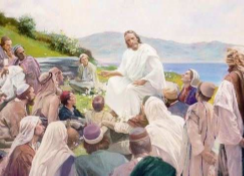
All Saints Day Weekend –
October 31/November 1, 2020
In today’s Gospel, Jesus teaches his followers about “blessedness,” a word not used much in American culture.
The Beatitudes Jesus evokes in this Gospel reading are not promises of happiness, but promises of a new life with God; blessedness is key to a new way of living through the human experiences of
mourning, meekness, peacemaking, persecution, and poverty of spirit.
For Christian stewards, “blessedness” does not depend on wealth or health or status. Rather, Christian stewards recognize that blessedness is God’s gift. In the kingdom of God, life is not governed by honor and fame, but by the promise of abundant life. Embracing a poverty of spirit and meekness reveal God’s abundant life “breaking into” our world.
Reflect on the Beatitudes this week.
How might they help us improve our relationship with the Lord?

